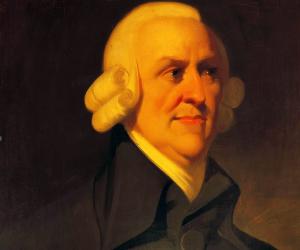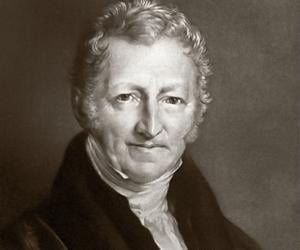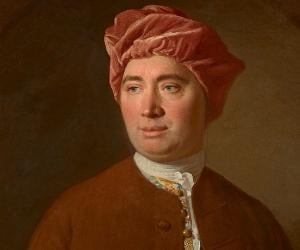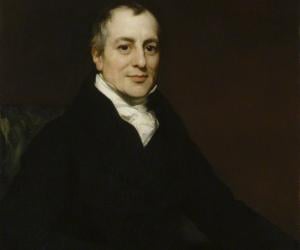Widely considered The Father of Economics, Adam Smith was a Scottish philosopher and economist. A pioneer of political economy, Adam Smith played a major role during the Scottish Enlightenment. His book The Wealth of Nations is regarded as the first modern work of economics and a forerunner of today's academic discipline of economics.
Thomas Robert Malthus was an English economist and demographer, who viewed poverty as man’s unavoidable destiny. Author of An Essay on the Principle of Population; he believed that increase in national food production results in feeling of well-being, leading to population growth, which in turn results in poverty. Commonly referred as Malthusianism, it made immediate impact on British social policy.
Scottish Enlightenment philosopher, historian, and economist, David Hume, is considered one of the most important philosophers to write in English. His book, A Treatise of Human Nature, is counted among the most influential works in the history of philosophy. His works have influenced numerous thinkers, including German philosopher Immanuel Kant and Christian philosopher Joseph Butler.
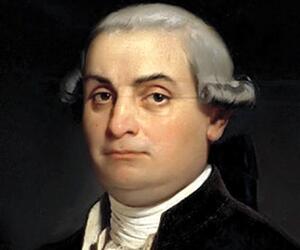
Cesare Beccaria was an 18th-century Italian criminologist, philosopher, jurist, and politician. He is widely regarded as one of the greatest thinkers of the Age of Enlightenment. He is still remembered for his treatise On Crimes and Punishments (1764), a pioneering work in the field of penology. He is considered the father of modern criminal law.
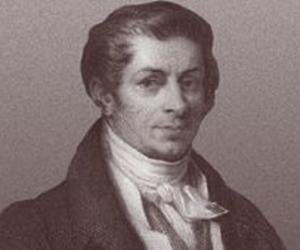
French economist Jean-Baptiste Say supported free trade and competition. Scholars of economics know him for his law of markets, which states that supply creates its own demand. He had experimented with many jobs, from being a journalist to owning a cotton mill, and eventually became an economics professor.
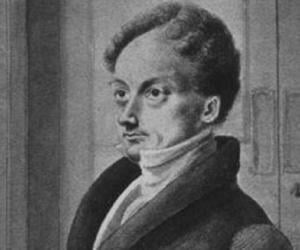
James Mill was a Scottish economist, historian, philosopher, and political theorist. Mill is credited with co-founding the Ricardian school of economics. He is also credited with writing The History of British India, which classifies Indian history into three parts: British, Muslim, and Hindu. The classification has played an influential role in the field of Indian historical studies.
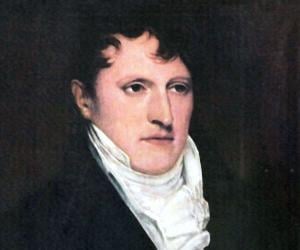
Manuel Belgrano was an Argentine lawyer, politician, economist, journalist, and military leader. Widely regarded as one of the most important Libertadores of Argentina, Belgrano played a prominent role in the Argentine Wars of Independence and is credited with creating the Flag of Argentina. Manuel Belgrano is regarded as one of the greatest heroes in the history of Argentina.
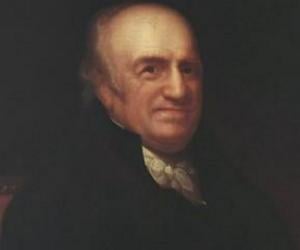
Pierre Samuel du Pont de Nemours was a French-American writer and economist. An ambitious man, he served as French inspector general of commerce under Louis XVI. He moved to America during the French Revolution and was later elected a member of the American Philosophical Society. His son Éleuthère Irénée du Pont founded E. I. du Pont de Nemours and Company.
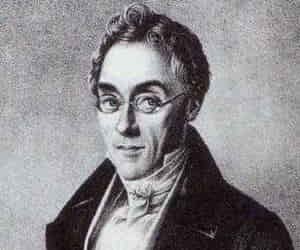
German-American economist Friedrich List is remembered as one of the pioneers of the historical school of economics. He supported tariffs on imported goods to help the domestic market. He is also known for his pamphlet Outlines of American Political Economy and his book The National System of Political Economy.
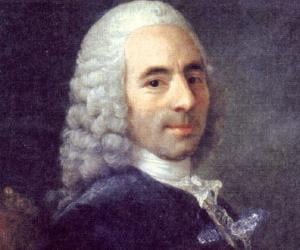
François Quesnay was a French economist and physician. He was a proponent of the Physiocratic school. He is best known for publishing the "Tableau économique" (Economic Table), in which he set forth the foundations of the ideas of the Physiocrats. He also wrote extensively on Chinese politics and society. He was married to a woman named Marianne Woodsen.
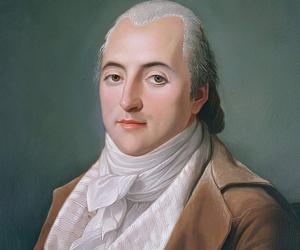
Henri de Saint-Simon was a French political, economic, and socialist theorist and businessman. His ideology was the inspiration behind the political and economic movement known as Saint-Simonianism. He left a major influence in the fields of politics, economics, sociology, and philosophy of science. His ideas also inspired and influenced the concept of utopian socialism.
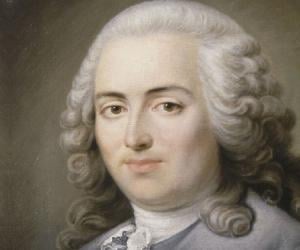
Anne Robert Jacques Turgot was a chief economist of 18th-century France. One of the pioneers of economic liberalism, he was previously clubbed with the economists of the Physiocratic school. Many of Adam Smith’s ideas in the pathbreaking book Wealth of Nations were hugely inspired by Turgot’s.
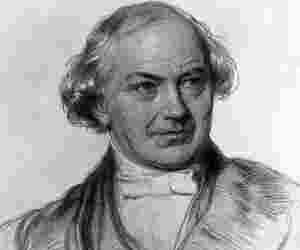
William Whewell was an English polymath, scientist, philosopher, theologian, and historian of science. He worked in a wide range of fields, publishing works in the disciplines of physics, mechanics, geology, economics, and astronomy. He also wrote poetry, sermons, and theological tracts. He is credited with coining the terms linguistics, physicist, consilience, scientist, catastrophism, and uniformitarianism.
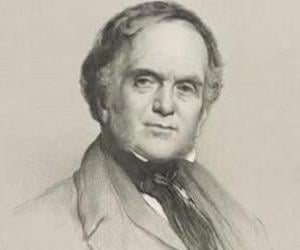
Scottish engineer and political economist William Playfair is best-remembered as the inventor of statistical graphs and secret agent for Great Britain during its war with France. He published the first data graphs in his book The Commercial and Political Atlas. He used line, area and bar charts to represent the economy of 18th Century England and introduced the pie chart.
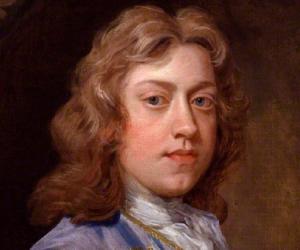
Anglo-Dutch social philosopher Bernard Mandeville is best remembered for his satirical work The Fable of the Bees. A qualified physician just like his father, he later settled in London, where he gained fame with his writings. He believed that even the most negative actions are capable of producing positive outcomes.
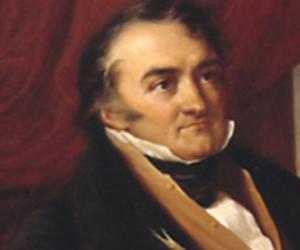
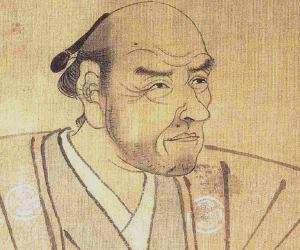
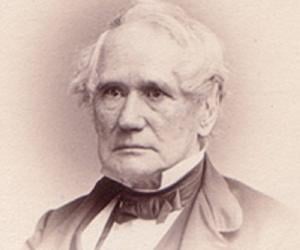

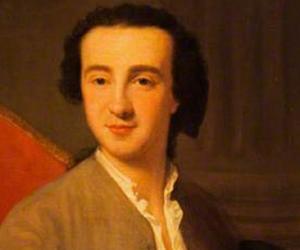
Credited with writing the first methodically written text on economics in English, James Steuart belonged to a noble family. His renowned work, An Inquiry into the Principles of Political Economy, was the first in English and the first by a Scottish economist to have “political economy” as part of its title.
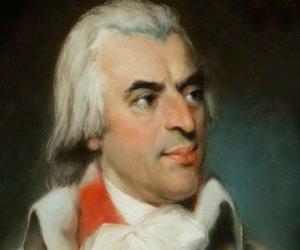
English agriculturist Arthur Young was a prolific English writer, particularly on agriculture. He earned repute for views he expressed as an agricultural improver, social observer and political economist. Young was a prominent opponent of British reformers. Some of his notable books are Annals of Agriculture, Tour in Ireland and Travels in France. The latter includes descriptions of the French Revolution.
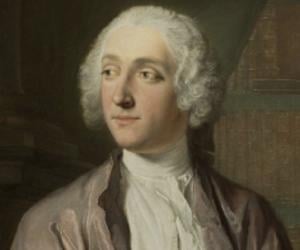
French political economist Victor de Riqueti, marquis de Mirabeau belonged to the Physiocratic school. He is also remembered as the father of economist and French Revolution leader Comte de Mirabeau. He penned books such as Theory of Taxation. Going against tax farmers, he suggested direct tax collection on income and land.
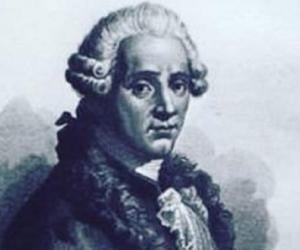
Ferdinando Galiani had initially been trained to enter church services but later deviated to economics. He is best remembered for his work on value theory. A major figure of the Enlightenment, the economist and diplomat wrote in both Italian and French. His notable works include Della moneta.

Born to a well-known merchant and evangelist, Henry Thornton too followed in his father’s footsteps to become part of the evangelical Clapham Sect. A monetory theorist, he later became the first to explain the difference between nominal and real interest rates. The noted economist had also been a parliamentarian.
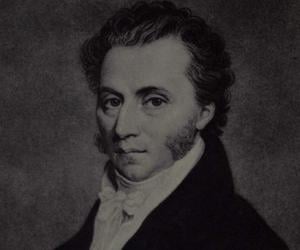
British banker, economist, political-campaigner Thomas Attwood is best-remembered as a leader in the electoral reform movement. He founded the Birmingham Political Union and emerged as a prominent figure of the underconsumptionist Birmingham School and during the public campaign for Great Reform Act of 1832. After the act was passed, Attwood and Joshua Scholefield became the first two Members of Parliament for Birmingham.
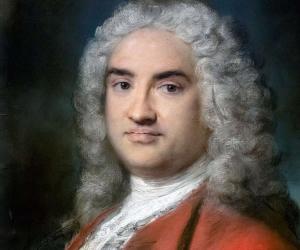
Author of numerous literary, historical, and economic works, Pietro Verri was a leader of Milanese academy and moving force behind Società dei Pugni. Also a distinguished public administrator and political economist employed with the Milanese government, he has been credited with abolition of tax farming. Some of his important works are Riflessioni sulle leggi vincolanti and Meditazioni sull’ economia politica.
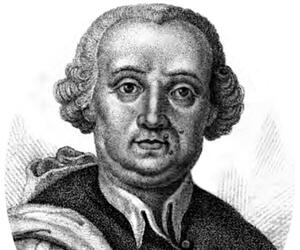
Italian philosopher, political economist, and priest Antonio Genovesi initially taught metaphysics. However, his humanistic ideas and treatises were deemed heretical, which is why his Elements of Universal Christian Theology could only be published posthumously. He was one of the first to use Italian instead of Latin in his courses.
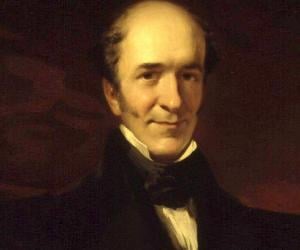
Scottish economist and statistician John Ramsay McCulloch was one of the main promoters of the principles of British economist David Ricardo. He also wrote for The Edinburgh Review and co-established and edited The Scotsman. Once a University College, London professor, he was also known for his works on economic history.

British financier and economist Thomas Tooke had begun his business career at the tender age of 15. He eventually ended up being the Royal Exchange Assurance Corporation governor. Known for his support of free trade, he advocated for the gold standard initially but opposed the 1844 Bank Charter Act.
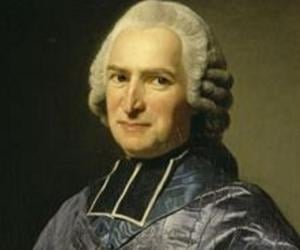
Joseph-Marie Terray was the controller-general of finances toward the end of Louis XV’s reign. He began his career as an ecclesiastical counselor of the Parlement of Paris. His reforms, such as forced loans, were met with general opposition. He was dismissed over allegations of being associated with the Pact of Famine.
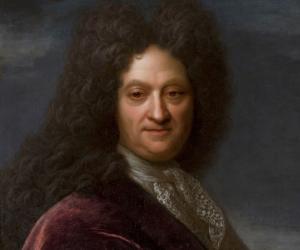
Economist Pierre Le Pesant, sieur de Boisguillebert was born into a noble family of Normandy and received an elite education. He suggested several economic reforms during Louis XIV’s reign, paving the way for Physiocrats. He supported direct taxes and believed the prosperity of France depended on its agricultural capacity.
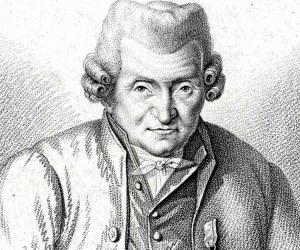
André Morellet was a French economist known for his views on religious tolerance, penal reform, inoculation, and liberty of the press. He advocated for freedom of commerce and sought to bring about reforms to the French political economy. A prolific writer, he made major contributions to the Encyclopédie. He amassed a personal library of over 4,700 titles.
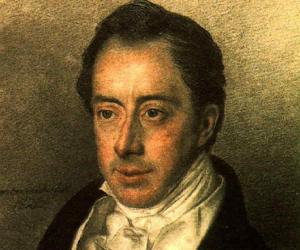
Best remembered as a co-founder of the Northern Society of the Decembrist revolution, Russian economist and revolutionary Nikolay Turgenev was inspired by the French Revolution in his youth. He opposed serfdom and penned various books such as Experience of the Theory of Taxation and Russia and the Russians.

Jean Orry was a French economist. He studied law as a young man and served as a munitioneer for the army of Italy for many years. Later on, he became an adviser to Louis XIV of France. He was sent to Spain where he created secretaries of state and intendants in Spanish governmental administration.
